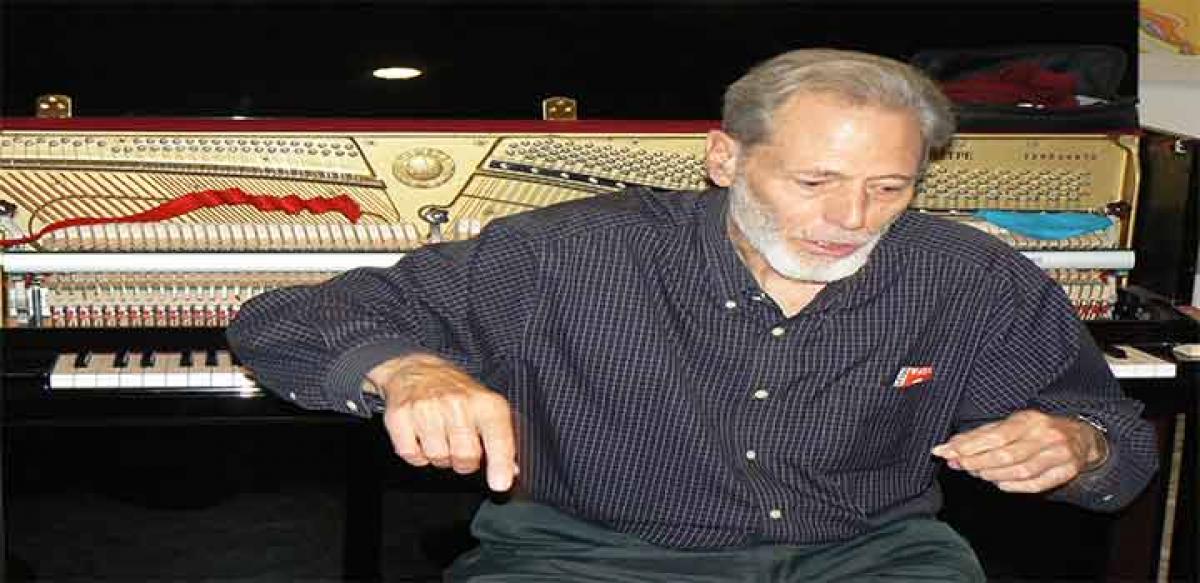Tuning into the right track

Alliance Francaise, Hyderabad Western Music Forum in collaboration with Goethe Zentrum, organised a workshop on ‘Piano Tuning’ at the Alliance Francaise.
.jpg)
Piano tuning can be a fetching career
Alliance Francaise, Hyderabad Western Music Forum in collaboration with Goethe Zentrum, organised a workshop on ‘Piano Tuning’ at the Alliance Francaise.
The seminar was conducted by Dr Mark Lindley, an experienced piano tuner and the University Chair Professor at the University of Hyderabad’s School of Economics. Dr Lindley has expertise in the history of tempered tunings of keyboard instruments.
In the session he explained about how pianos are normally tuned nowadays in ‘Equal Temperament’, dividing the octave into twelve equal semitones.
“Piano tuning is not an easy profession. But at the same time, it is a very lucrative profession. Nowadays Piano tuners are a much sought after professionals and get a handsome remuneration,” Dr Mark Lindley shares.
An expert in piano tuning Dr Lindley says that there is a lot of deep knowledge that has to be gained in the method of tuning of a piano. In the equal tempered scale, the twelve intervals are spread evenly between the octaves.
“The octave is divided into twelve intervals to form the chromatic scale. Each of these intervals is further divided into 100 cents. Cents are used to describe small differences in pitch in terms of percentage of a semi tone,” he shares.
Dr Lindley is happy that many youngsters are taking part in the workshop. “I can see that a few of them have the talent to become good tuners. They have an ear for the octaves and the patience to gain knowledge,” Sr Lindley says.
Citing an example of Beethoven Dr Lindley says, “Beethoven was considered to be deaf very early in his performance days. So what was actually happening?
Was he listening with his ‘inner ear ‘rather than actually hearing the music he was creating? Or was it that the kind of practice and involvement that he involved himself when he was medically fit, that exactly made him sway his fingers in the right manner?
It’s therefore most important to have that zeal to attain mastery in the chosen field.”It was indeed a great opportunity for the participants to explore the subtle nuances of tuning a piano.
By:Jaywant Naidu










